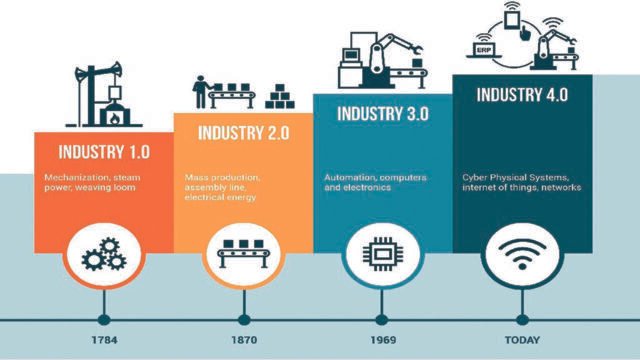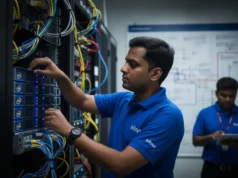Nigeria is at a turning point. The nation that embraced the mobile phone revolution two decades ago now faces an even greater opportunity: the rise of artificial intelligence (AI), machine learning (ML), and 5G networks. Globally, these technologies are no longer experimental. They are reshaping economies, jobs, healthcare, and education. For Nigeria, adopting them could determine whether it becomes a continental leader in the digital age—or risks being left behind.
AI is the “brain” that allows machines to mimic human intelligence, ML is its training tool that learns from data patterns, and 5G is the high-speed “road” that carries massive amounts of data quickly and reliably. When combined, these technologies have the power to revolutionise Nigerian industries and create opportunities for everyday people, from farmers in rural Benue to fintech innovators in Lagos.
The question now is: how can Nigeria harness this power to fuel its 4th Industrial Revolution?
Table of Contents
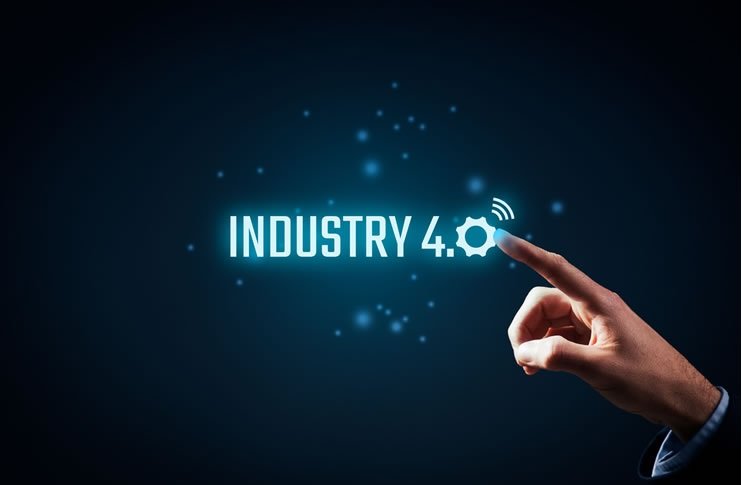
Sectors Where Transformation is Already Knocking
Healthcare is one of the clearest examples. Imagine a rural clinic in Sokoto connecting in real time with a specialist in London via 5G. AI software could scan X-rays and flag early signs of tuberculosis or cancer, while ML algorithms track patient histories to predict outbreaks. In a country where doctor-to-patient ratios remain among the lowest in Africa, such breakthroughs could literally save lives.
Agriculture, still the backbone of Nigeria’s GDP, also stands to benefit. Farmers can deploy AI-powered drones to monitor crops, detect pests, and identify irrigation needs before problems escalate. ML can crunch weather and soil data to advise farmers on planting cycles. With reliable 5G connectivity, this data can be shared instantly, cutting losses and boosting productivity. For a nation battling food security challenges, this could be a game-changer.
Finance and fintech are already riding on AI and ML for fraud detection, customer analysis, and personalised services. But with 5G, mobile money transactions could become faster, safer, and cheaper. Millions of Nigerians still outside the formal banking system could gain access to financial services, deepening inclusion. The ripple effects—more small businesses, higher savings rates, improved tax collection—could strengthen the economy.
And then there is education. With 5G, virtual classrooms can become a reality even in rural communities. AI tutors can adapt lessons to each child’s pace, while ML tools analyse performance data to identify struggling students. In a country where strikes, poor infrastructure, and underfunded schools often disrupt learning, technology could help bridge the gap.
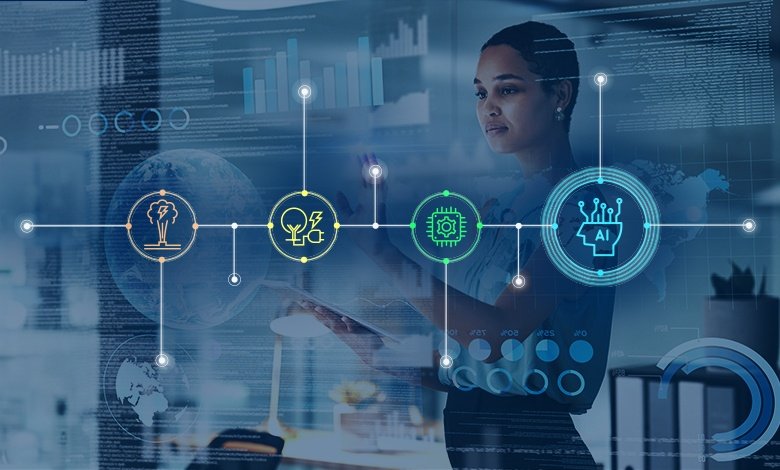
The Obstacles Nigeria Must Overcome
Yet, the road to this future is not smooth. Nigeria faces several stubborn challenges.
Infrastructure gaps remain a major concern. While Lagos and Abuja enjoy expanding connectivity, many rural communities still lack stable power and basic internet. 5G requires strong infrastructure, and without it, the benefits risk being concentrated only in major cities, widening inequality.
Skills shortage is another issue. Nigeria has a young, vibrant population, but few are trained in AI, ML, or data science. Without serious investment in STEM education and vocational training, the country may end up importing foreign expertise while its own youths remain underemployed.
Policy and regulation also demand attention. AI and ML rely heavily on data—personal, financial, medical. Without robust data protection laws, the risk of misuse is high. Citizens must trust that their data will be safeguarded, otherwise adoption will stall. At the same time, regulations must balance protection with innovation, so they do not choke emerging startups with red tape.
Finally, there is the cost of deployment. Rolling out 5G networks and building AI/ML platforms is capital-intensive. For a government already struggling with fiscal pressures, investment will require private sector partnerships and innovative financing models. But history provides hope: just as mobile phones were once seen as luxuries before becoming essential, AI and 5G could follow the same trajectory.
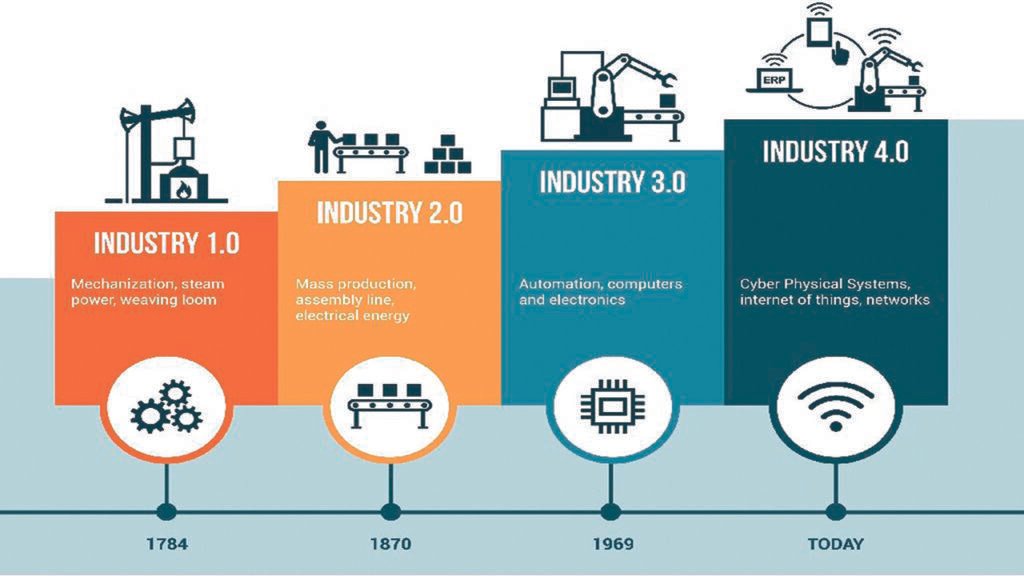
Why Nigeria Cannot Afford to Stay on the Sidelines
Globally, the race is already underway. Countries like China, the US, and South Korea are reaping dividends from AI-driven economies. Even within Africa, Rwanda and Kenya are experimenting with AI in healthcare and agriculture. If Nigeria hesitates, it risks losing competitiveness not just regionally, but globally.
For everyday Nigerians, the promise is tangible. Farmers can protect their crops with predictive data. Traders can transact faster and more securely. Students in underserved regions can access world-class lectures. Businesses can operate more efficiently, reducing costs and expanding markets.
The private sector has already shown adaptability. Nigeria’s fintech boom—epitomised by companies like Flutterwave and Paystack—proves that local innovation can thrive when given the right environment. What is now required is visionary leadership. Government, industry, and academia must collaborate on three fronts:
- Infrastructure: Expand broadband, stabilise power supply, and roll out 5G nationwide.
- Education and skills: Train a new generation of Nigerian youth in AI, ML, and digital literacy.
- Policy and governance: Develop clear data protection frameworks and incentives for local innovators.
If these steps are taken, Nigeria could lead Africa’s digital transformation, create millions of new jobs, and strengthen its global economic position.
But time is of the essence. The technologies shaping the 4th Industrial Revolution will not wait for Nigeria to catch up. As with mobile phones, early adopters will reap the greatest rewards. The choice now is whether Nigeria seizes the moment—or remains a follower in a fast-moving world.
Join Our Social Media Channels:
WhatsApp: NaijaEyes
Facebook: NaijaEyes
Twitter: NaijaEyes
Instagram: NaijaEyes
TikTok: NaijaEyes


